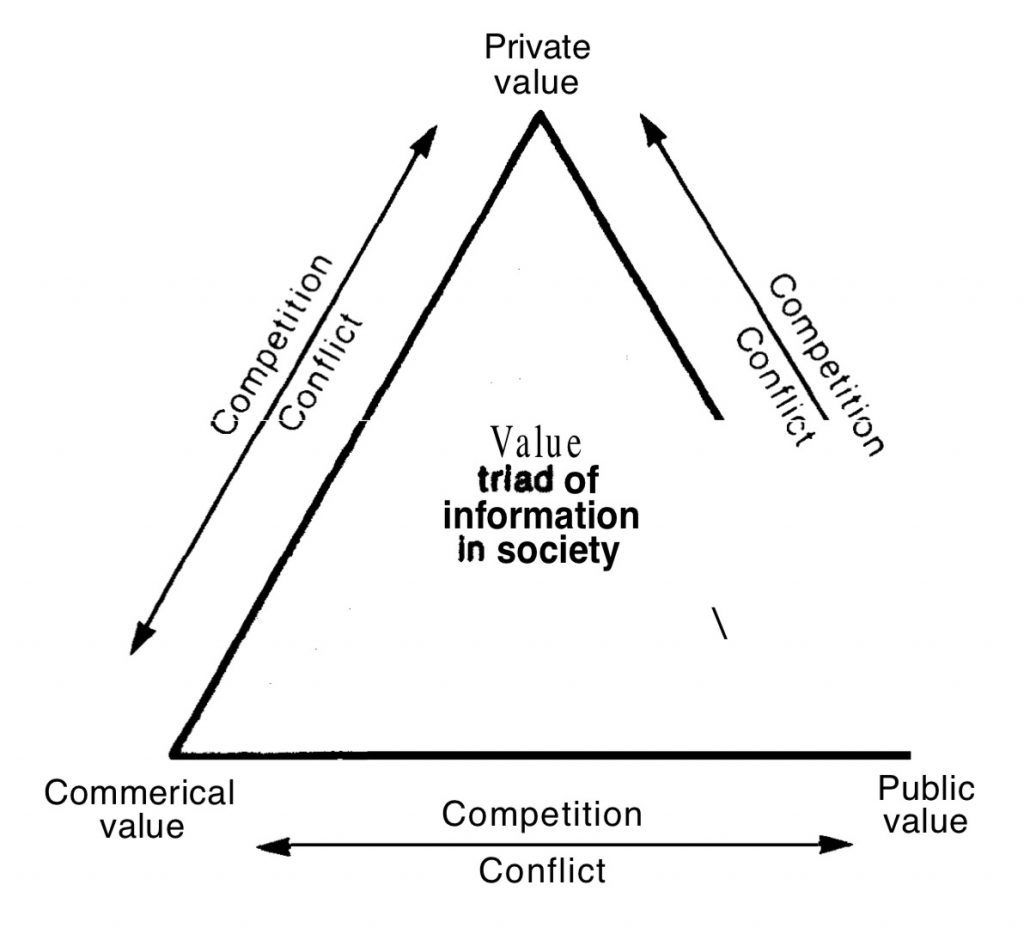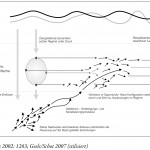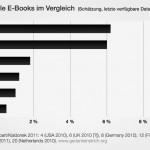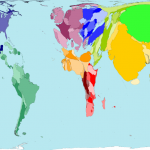Heute ist die Zukunft von gestern XXIII: »Computer-based Information Systems« (1981)
Jan-Felix Schrape | 22. Juli 2019Das Office of Technology Assessment (OTA) beriet den US-Kongress 1972 bis 1995 in wissenschaftlichen und technischen Fragen. 1981 publizierte das OTA den Bericht »Computer-Based National Information Systems: Technology and Public Policy Issues«, in dem bereits zahlreiche Problem- und Fragestellungen aufgegriffen wurden, die auch heute noch die Debatten um die ›digitale Transformation‹ prägen (S. IXf.):

Privacy. New applications of computer and communication technology—e.g ., an automated securities exchange, in-home information services, electronic publishing, and the automated office—may generate issues over secondary use of personal information, surveillance, and the possible need for new approaches to privacy policy.
Security. The technology for securing computer systems from theft, sabotage, natural hazards, privacy abuses, and the like is improving steadily. However, the increasingly complicated systems now being designed and built make secure operations more difficult and suggest likely issues concerning the adequate protection of Federal information systems and vital non-Federal systems, and the development of the necessary data security and cryptographic capability.
Government management of data processing. It appears that, in general, the Federal Government is rapidly falling behind the private sector in its use and management of up-to-date computer and information technology. […] And other issues may arise with respect to the effects of large-scale information systems on Federal decision making (the ›automated bureaucracy‹) and the process by which social values are reflected in information system design.
Society’s dependence on information systems. As society moves toward electronic mail and other large extensively used information systems, likely new issues will concern the ways in which public policy can help balance the risks society may encounter versus the benefits, retain the option to end dependence on a particular system (avoid becoming ›locked in‹), and provide alternatives for those who prefer not to use electronic services […].
Constitutional rights. Little legal precedent exists, in many cases, for applying constitutional law to issues raised by computer-based information systems. Areas of constitutional rights that may be affected by information systems include: freedom of speech and press (first amendment), protection against unreasonable search and seizure (fourth), protection against self-incrimination and guarantee of due process of law (fifth), right to a trial by impartial jury (sixth), and State guarantees of due process and equal protection of the laws (14th).
Regulatory boundaries. Evolving computer-based systems are crossing over and blurring traditional regulatory boundaries. Regulatory policy issues are likely to recur with respect to computer-communication-based services, electronic interstate branch banking, and electronic mail. As these systems expand geographically and move away from traditional definitions of industry structure, policy issues concerning interstate conflict of laws, Federal-State relationships, and antitrust may also arise.
Other issues. […] computer crime, transborder data flow, information gap (for those who would be denied access due to technological illiteracy or other reasons), and computer software protection.














